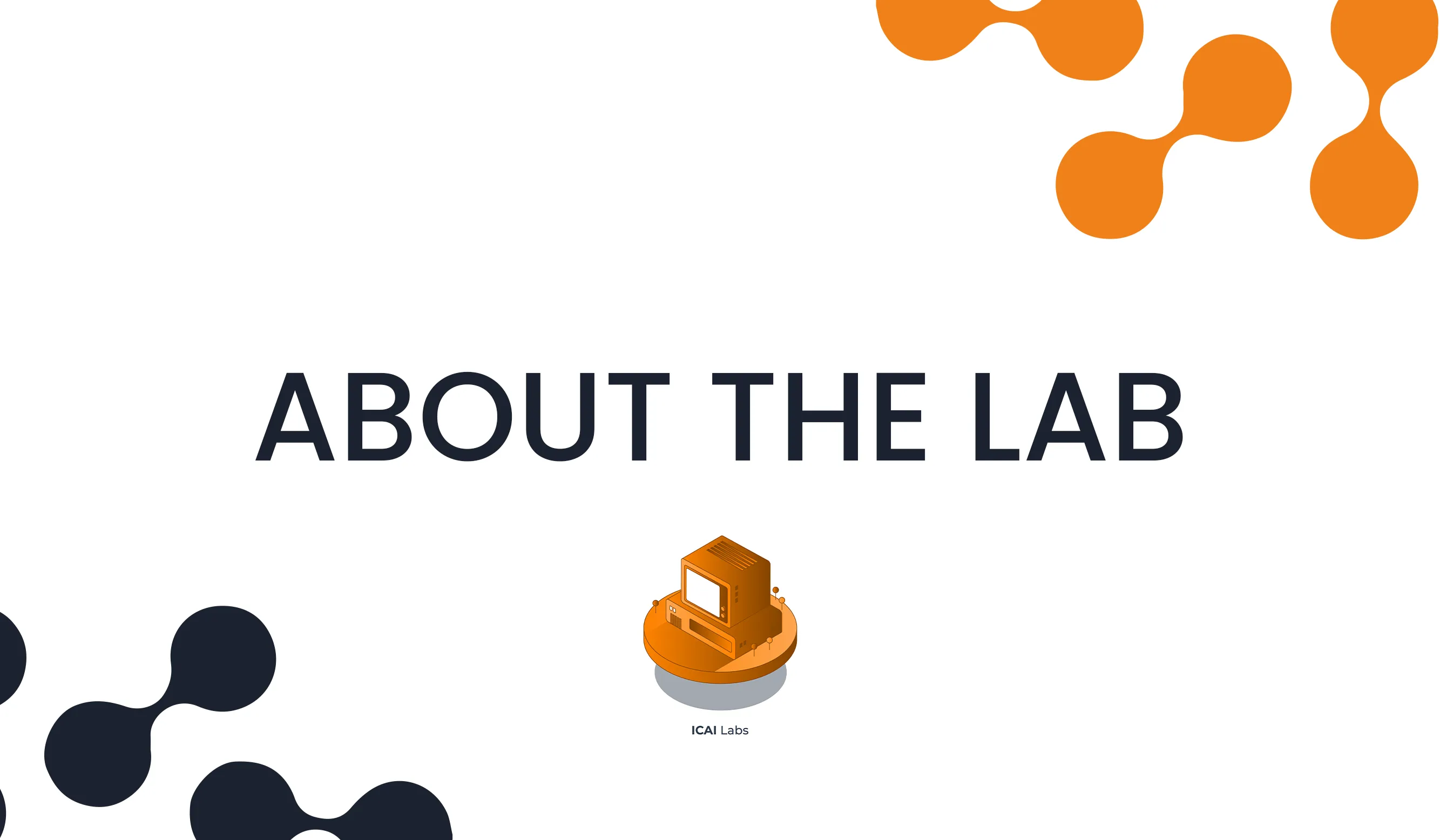AI4MRI Lab
A collaboration between Philips, Leiden University Medical Center, and Leiden University.
The Philips AI4MRI lab will research the use of Artificial Intelligence (AI) to optimize Magnetic Resonance Imaging (MRI) in terms of speed, image quality, robustness, and integration, in collaboration with Philips, Leiden University Medical Center, and Leiden University.
The healthcare system is confronted with an ever-increasing burden due to the mounting patient demands and limited resources, coupled with suboptimal delivery of clinical care. For instance, in 2018 the Netherlands experienced spending of over €1 billion in cancer treatments and a loss of €3.8 billion in productivity. This has put the long-term sustainability of the healthcare system in jeopardy. Artificial Intelligence (AI) is expected to revolutionize Magnetic Resonance Imaging (MRI) and its applications, enabling sustainable, faster, personalized, more effective, more available, and more cost-effective patient care.
MRI is a widely used medical imaging modality, and a key instrument for disease diagnosis, prognosis, and follow-up. However, it is associated with a number of drawbacks, such as long scanning times, image artifacts caused by patient motion, and the separation of the acquisition process from other imaging modalities and downstream clinical tasks. To increase the range of applications, diagnostic quality, and the outcome-per-costs ratio of MRI, it is therefore of paramount importance to address these issues, and AI is a key enabling technology for this. For example, a team from Philips and LUMC recently demonstrated that the acquisition of anatomical MRI scans can be accelerated by a factor of 4-8x, with promising image quality, by using a deep learning reconstruction method, winning key tracks in the international 2019 fast MRI challenge.
Nevertheless, due to the critical role of MRI in diagnosing severe diseases, the impact of false positives and false negatives is even more detrimental than in other areas of AI. Additionally, the application range of prototype AI reconstruction methods currently does not span the entire scope of clinical application of MRI, particularly that of rapidly moving organs like the heart. Finally, current methods do not sufficiently consider the intricate interplay between scanner hardware, acquisition protocol, and AI methodology. This makes the development of reliable solutions of the utmost importance.
To this end, the newly proposed ICAI lab, the “Philips AI4MRI lab”, will develop trustworthy AI algorithms optimizing the speed, image quality, robustness, and integration of MR imaging in the clinic, in close collaboration between industry, academia, and the clinic.


Research projects
AI-based reconstruction for robust single-contrast MR imaging: aims to develop motion and hallucination robust reconstruction methods.
AI-based reconstruction for multi-contrast MR imaging: aims to develop methods that exploit redundancies between sequences of contrasts in acquisition.
AI-based reconstruction for 4D free-breathing cardiac MRI: aims to develop deep learning-based optimisation schemes for 4D cardiac imaging and integrate motion compensated reconstruction.
AI adaptation to new developments in MRI: aims to develop networks that support new MRI acquisition developments subject to limited training data to accelerate MRI. Impact
Effectiveness of accelerated MR imaging: aims to understand the professional, managerial and organisational antecedents and outcomes of AI in healthcare.
PHD Students


Partners
Philips is a health technology company improving people's health and well-being through meaningful innovation.
Leiden University Medical Center (LUMC): As an innovator, the LUMC stands for the continuous improvement of healthcare and the health of all people.
Leiden University was founded in 1575 and is one of the leading international research universities in Europe.
.svg.webp)


.svg)

